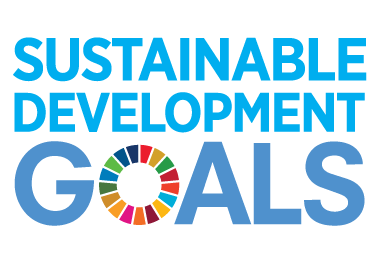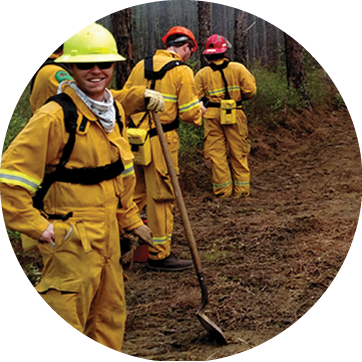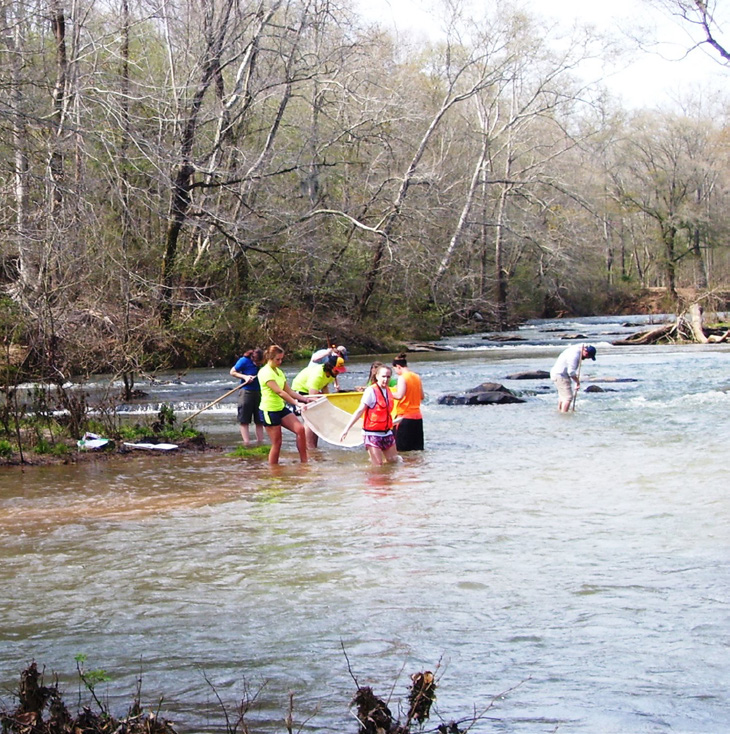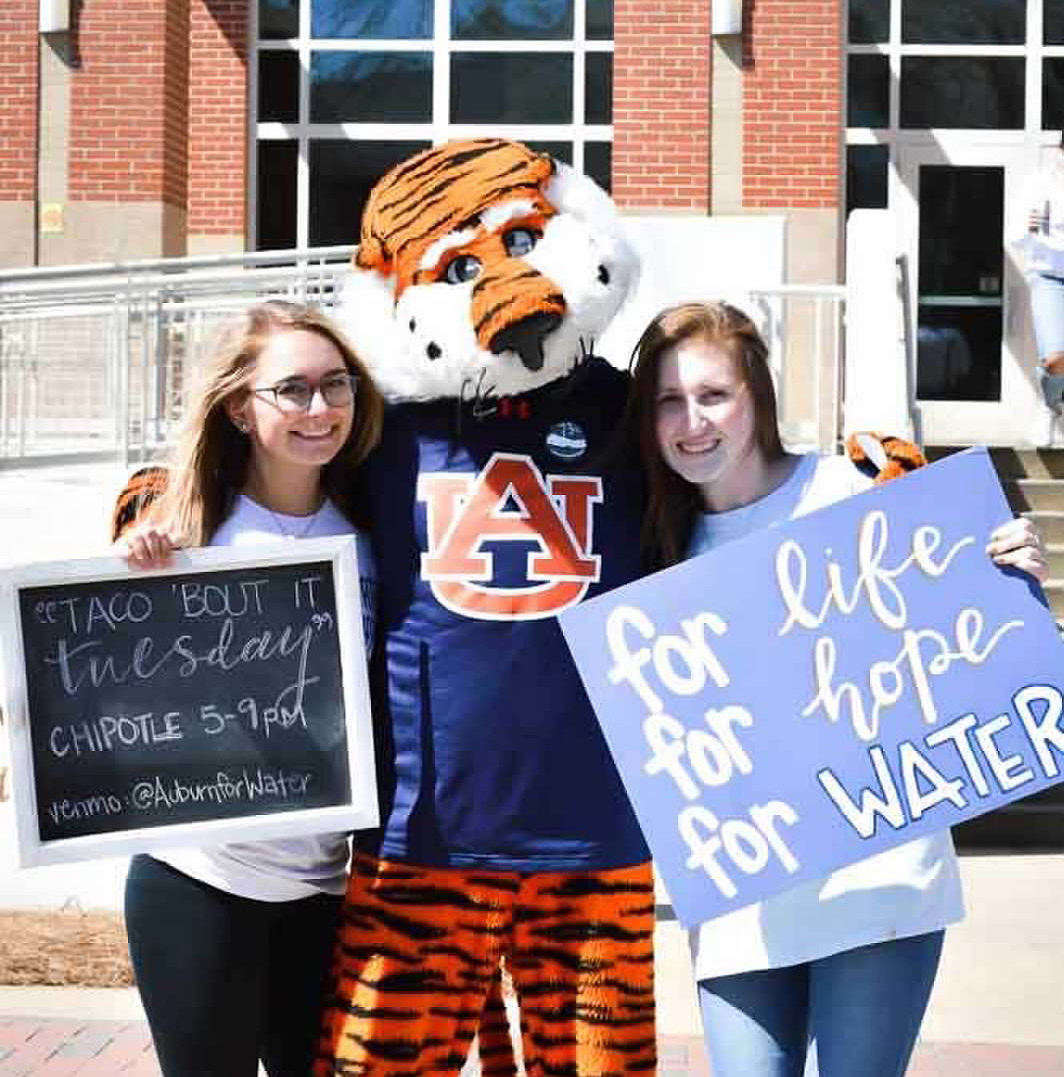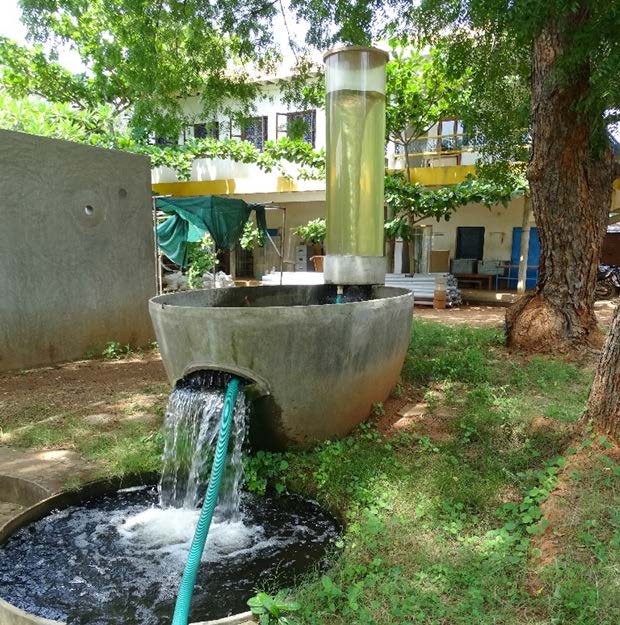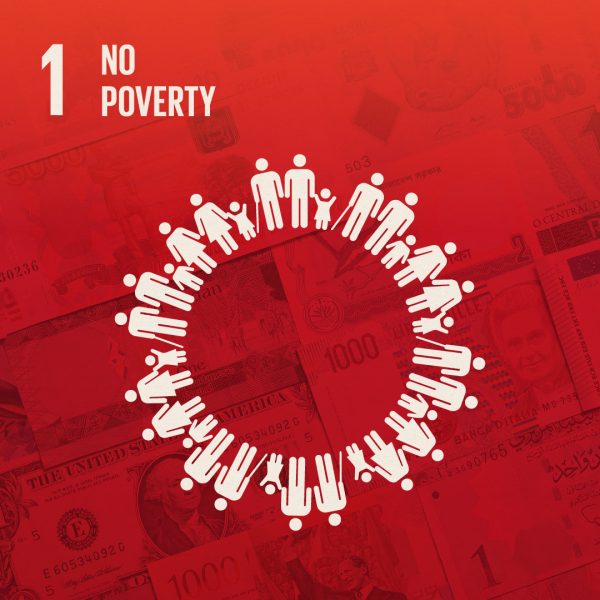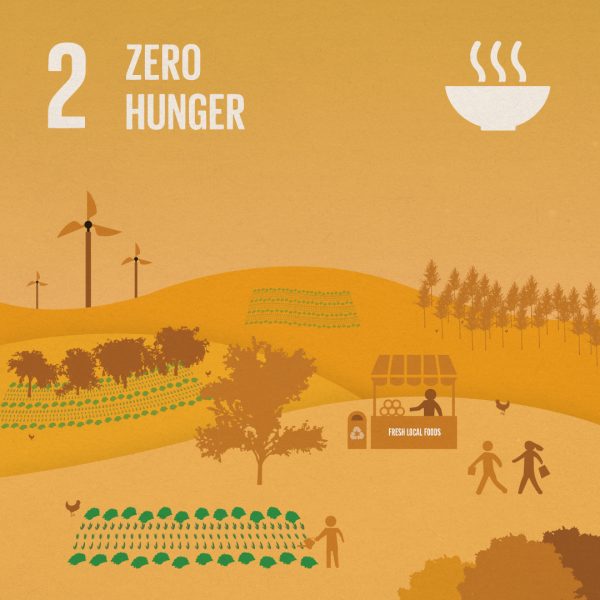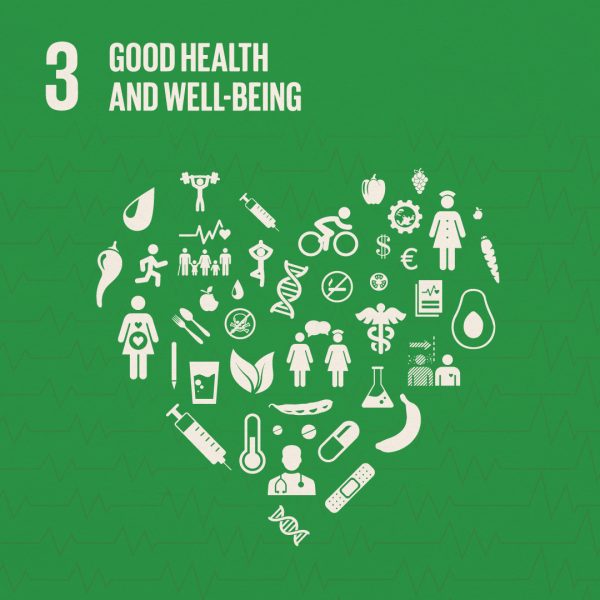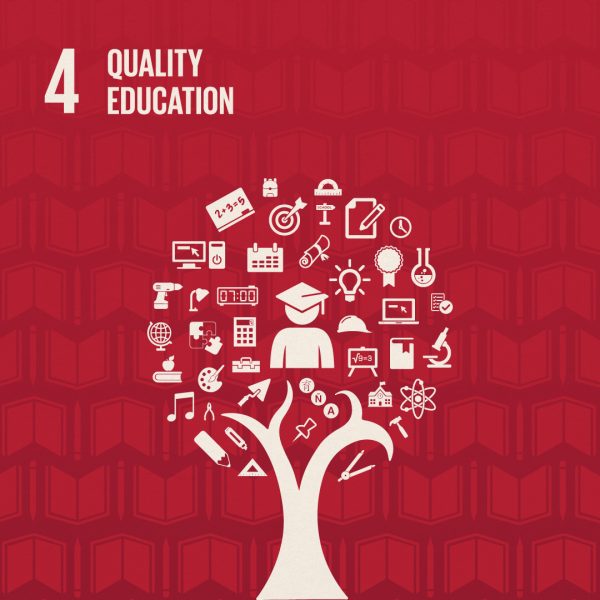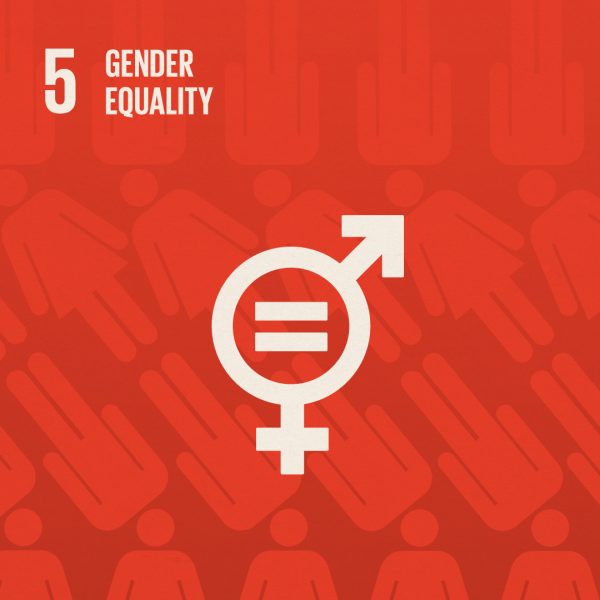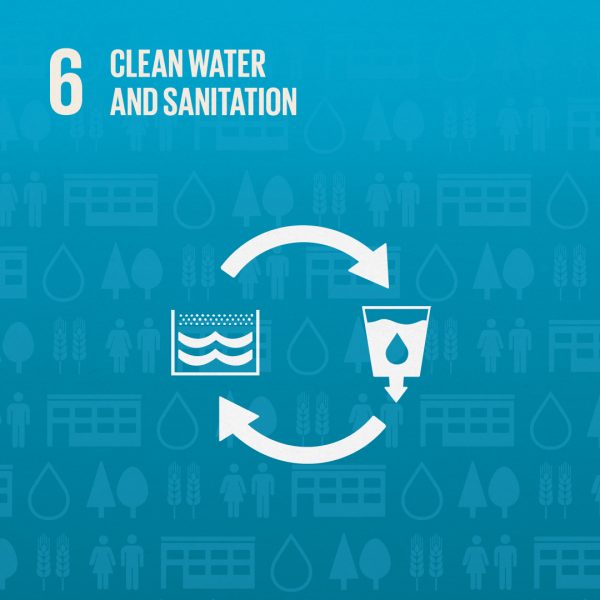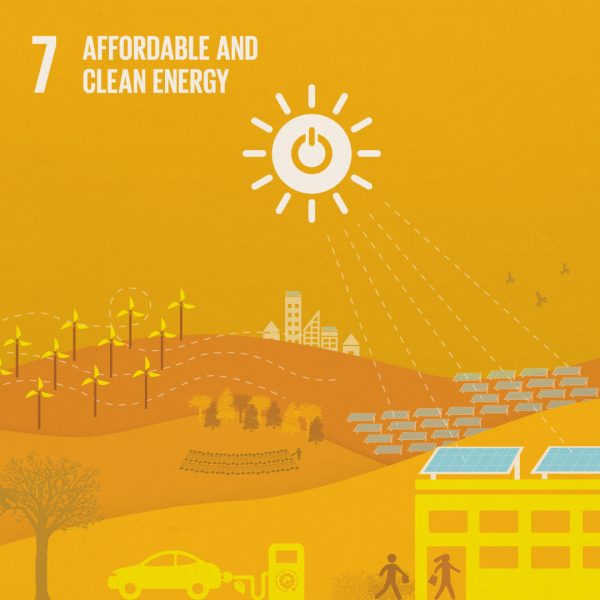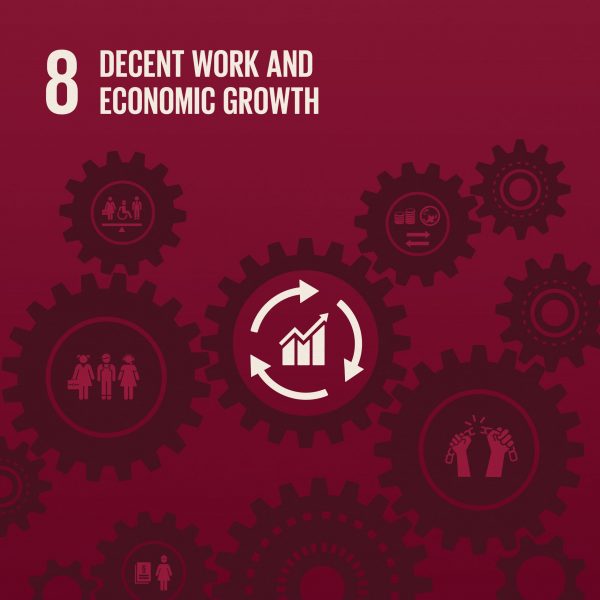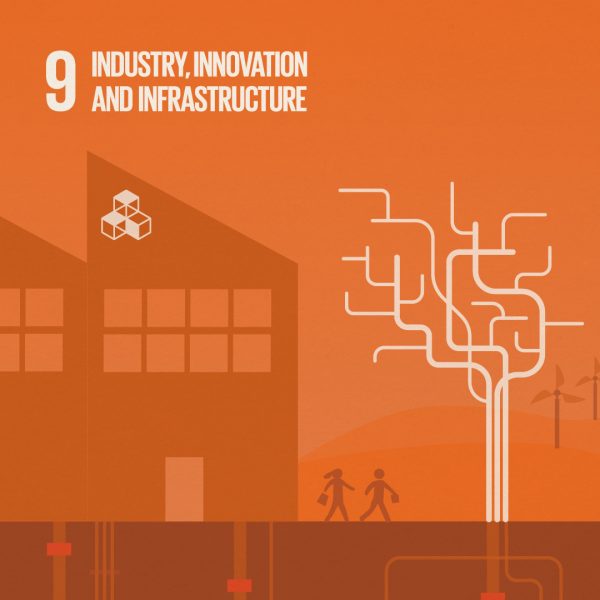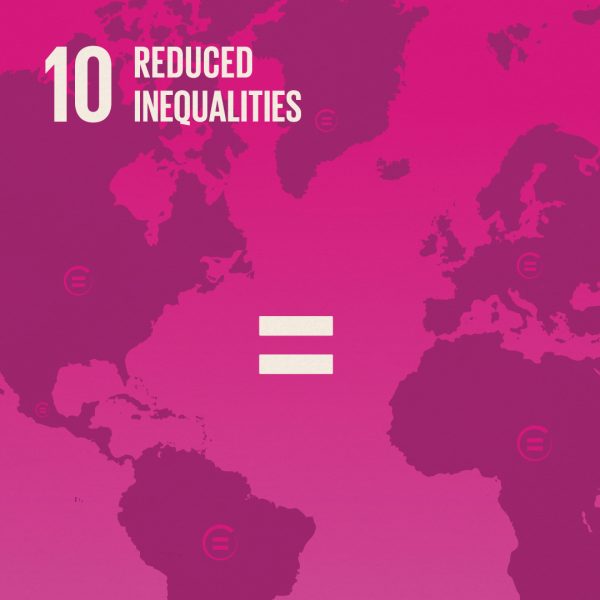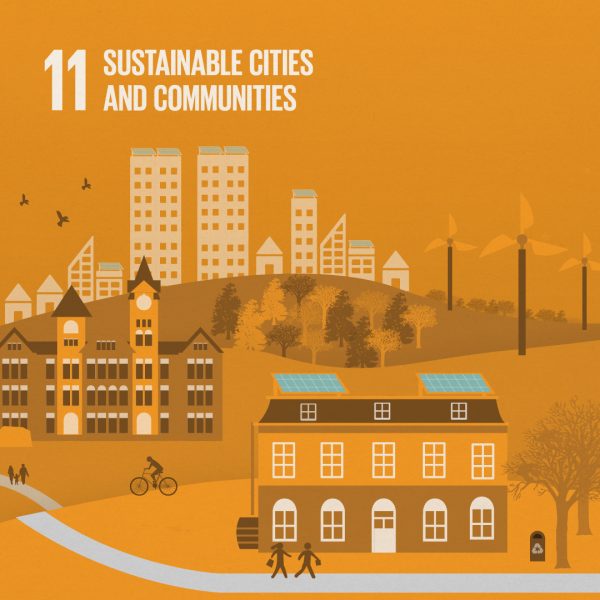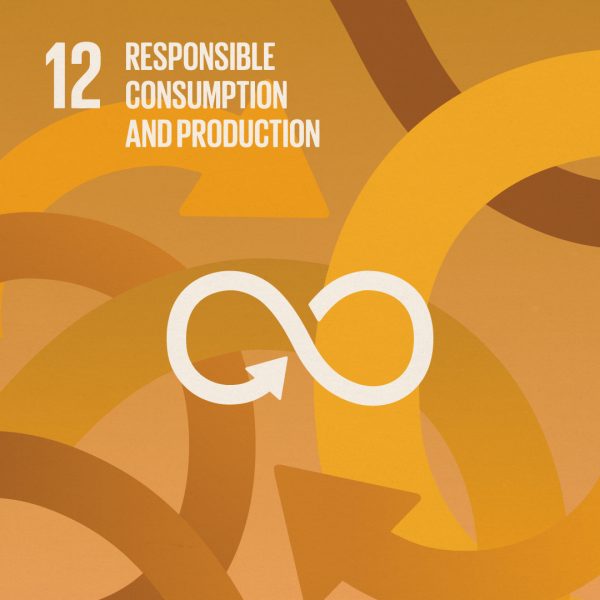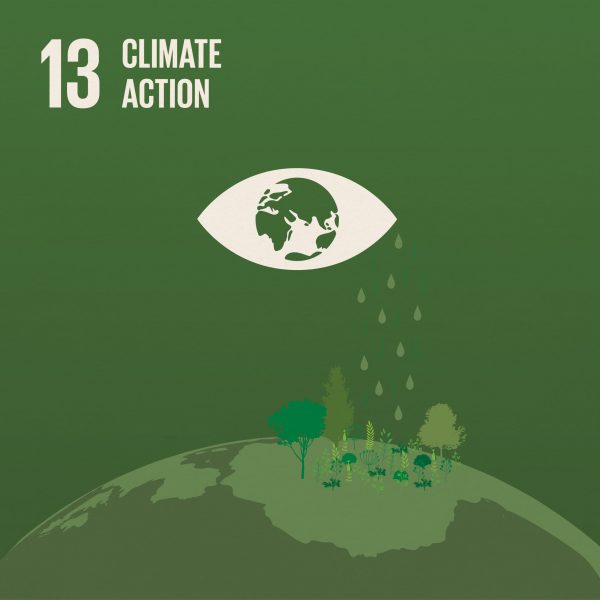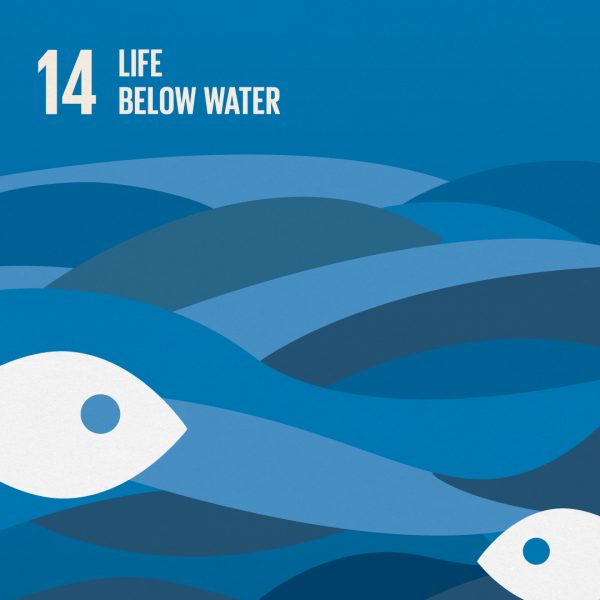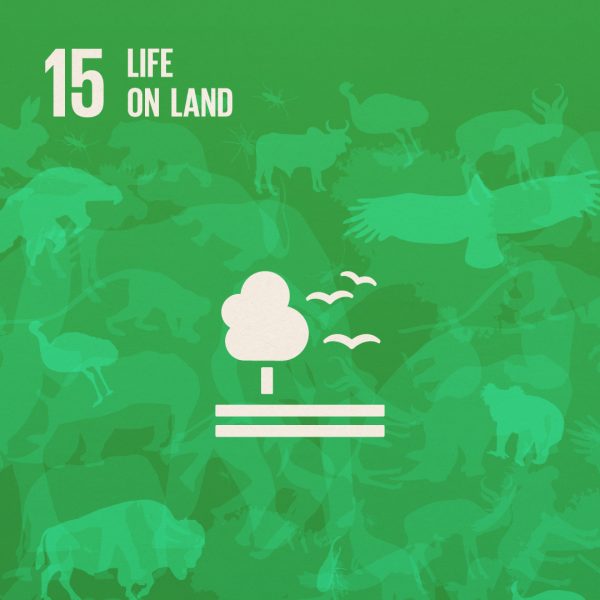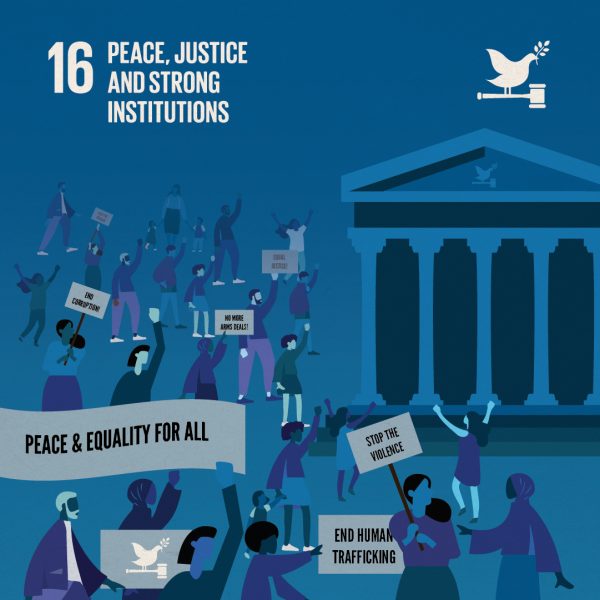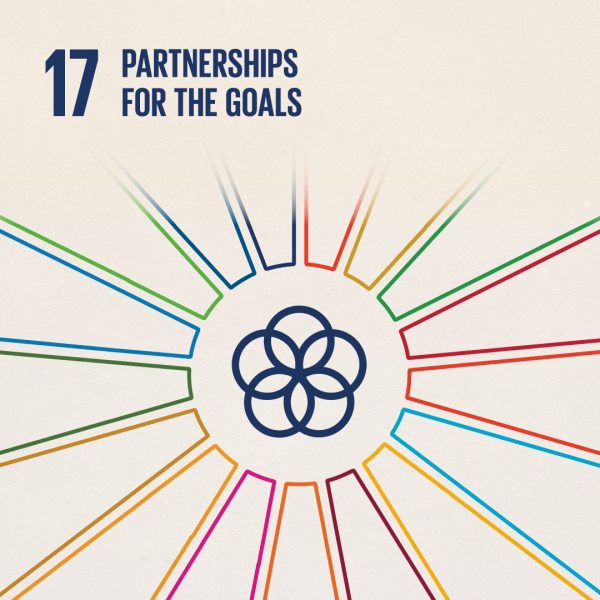By Hannah Schwartz Reducing waste is a cornerstone of sustainable practice for universities worldwide. By minimizing their ecological footprint, institutions not only contribute to a cleaner, healthier environment but also demonstrate a commitment to responsible stewardship. From conserving natural resources to saving costs and inspiring future generations, waste reduction in…
By Bella Wright Building and innovation are pivotal to advancing society. However, how we build can have significant impacts on our planet and our future. To ensure the health and well-being of our planet, it is important to practice sustainable building of infrastructure and sustainable operations management. The STARS* assessment…
By Hannah Schwartz Conserving water is crucial for the health of our planet and future generations. With water scarcity continuing to be a pressing global issue, every drop saved makes a difference. By reducing water usage, we protect ecosystems, wildlife, and agricultural lands that rely on this precious resource. With…
By Becki Retzlaff I am writing this blog from the beautiful city of Bern, Switzerland, where I am attending an academic conference on environmental history. It is poetic that I am tasked with writing a blog about the society point of the sustainability compass from Bern, a city with a…
by Ghanashyam Khanal and Nabin Bhandari While about two frenetic weeks of discussions and negotiations on climate change, damage and loss, and climate finance were going on at COP27 in Egypt, a documentary that depicted the impact of climate change on women and children in the Himalayan regions of Nepal…

